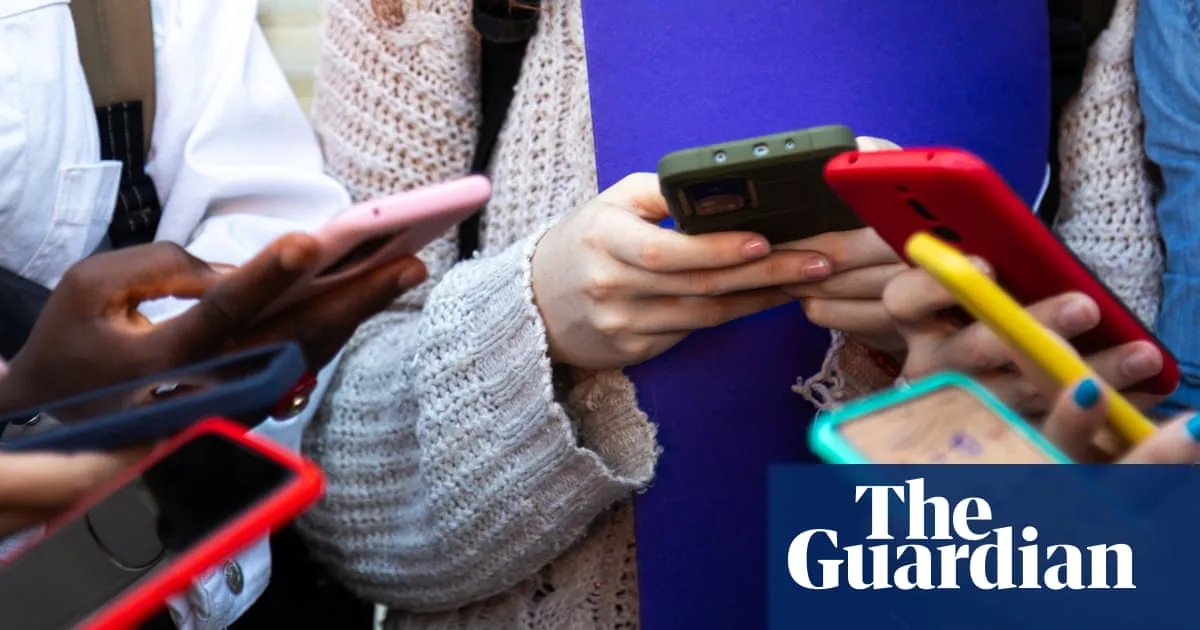
Recent research indicates that teenagers exhibiting signs of addiction to social media, mobile phones, or video games face a heightened risk of engaging in suicidal behavior and experiencing emotional problems. A comprehensive study tracked over 4,000 adolescents over a four-year period, revealing that nearly one in three participants reported an increasingly addictive use of social media or mobile devices.
The study's findings suggest that adolescents whose screen use followed an increasingly addictive trajectory had approximately double the risk of exhibiting suicidal behaviors by the end of the research period. While the results do not definitively establish that screen use is the cause of mental health issues, they underline the importance of recognizing compulsive use as a significant risk factor. Parents and healthcare professionals must remain vigilant regarding these patterns.
Dr. Yunyu Xiao, an assistant professor at Weill Cornell Medicine and the study’s lead author, stated, “For parents and educators, discussions surrounding mobile phones and social media often center on limiting or banning usage. However, our results suggest that the factors at play are more intricate.” Dr. Xiao emphasizes the potential benefits of exploring interventions typically used for other types of addiction as a way to address issues surrounding social media and mobile phone usage.
This study emerges amidst a backdrop of escalating mental health problems among young people, as governments and communities grapple with implementing effective safeguards around smartphones and social media platforms. Researchers face significant challenges in establishing a clear link between the rapidly evolving and highly personalized nature of screen use and its impact on young people's mental health.
The latest research tracked nearly 4,300 adolescents who were aged nine to ten at the outset of the study. Instead of merely measuring screen time, the researchers evaluated participants for signs of “addictive use,” examining whether technology interfered with essential activities like schoolwork and physical exercise. They also assessed feelings of craving or distress when screen access was limited.
Utilizing machine learning, the researchers categorized participants based on their screen use trajectories. Findings revealed that approximately half of the children reported persistent high levels of addictive use of mobile phones from the beginning of the study, while a quarter demonstrated increasing addictive use as they matured. Regarding social media, 41% of the children exhibited high or increasing levels of addictive use. Those with high and increasing addictive use patterns for both social media and mobile phones were found to be two to three times more likely to experience suicidal thoughts or behaviors in comparison to their peers with low addictive use.
Moreover, over 40% of participants reported a high addictive use trajectory for video games. These adolescents were notably more prone to report suicidal thoughts, alongside symptoms of anxiety, depression, aggression, and rule-breaking. Interestingly, the total duration of time spent on social media, mobile phones, and video games did not correlate with future suicide-related or mental health issues. Instead, the critical factor was the presence of signs indicating compulsion, distress, or a loss of control over their technology use.
Dr. Xiao noted that various factors could contribute to feelings of addiction, including the design of social media platforms and video games. Some adolescents might also turn to technology as a refuge from bullying or other adverse childhood experiences, finding them comforting; however, this can lead to a cycle of dependency that’s difficult to break. “We do not know if simply restricting access will be effective, especially since partial access can reinforce addiction,” Xiao added.
Prof. Amy Orben, who leads the Digital Mental Health Group at the University of Cambridge, emphasized that while the study does not confirm that technology use directly causes mental health issues, it highlights the significance of understanding how and why young people engage with technology. She stated, “The feelings young people have about how technology affects their lives could be more impactful on their mental health than the actual time spent online.”
As the number of youths experiencing these issues is not negligible, it is imperative for parents and educators to take these findings seriously and consider their implications for managing children’s screen use.